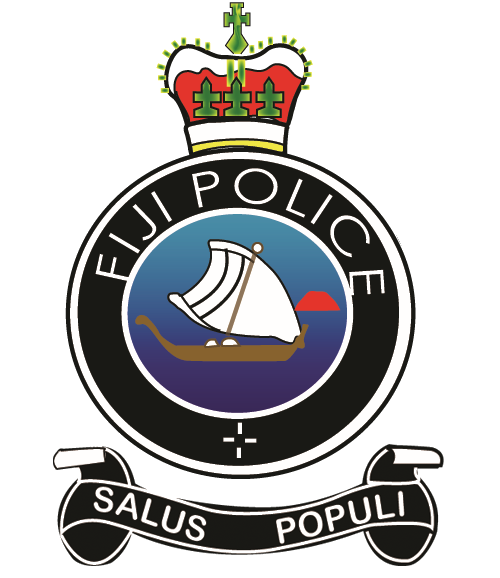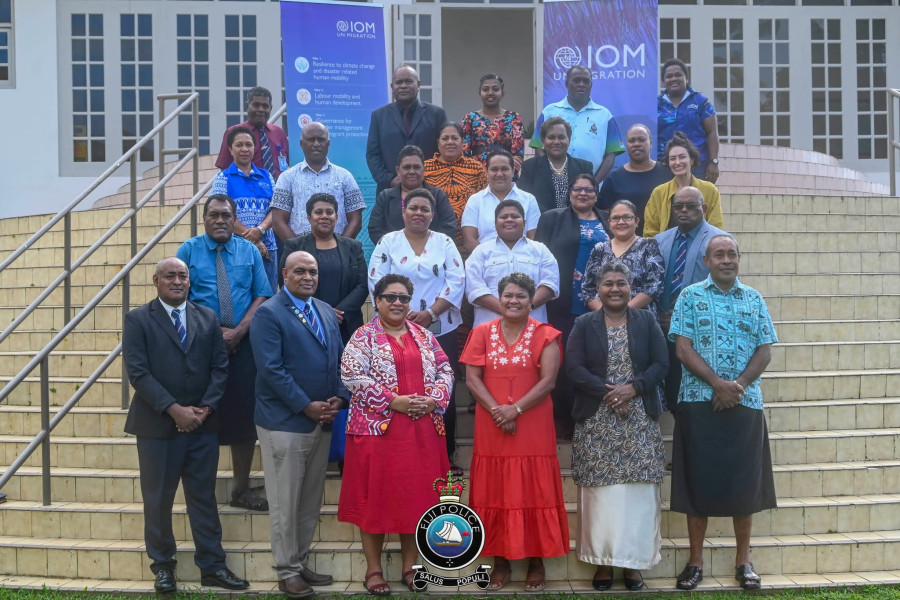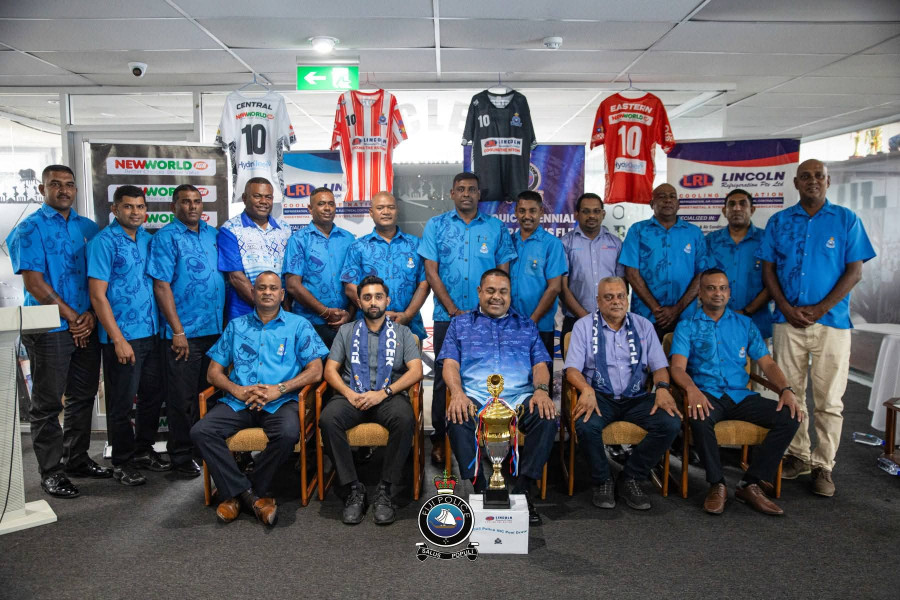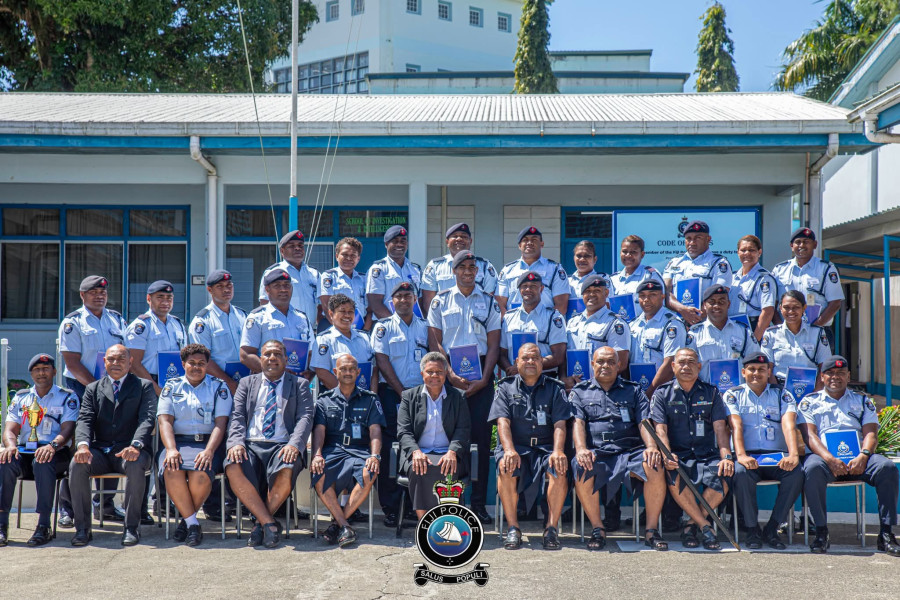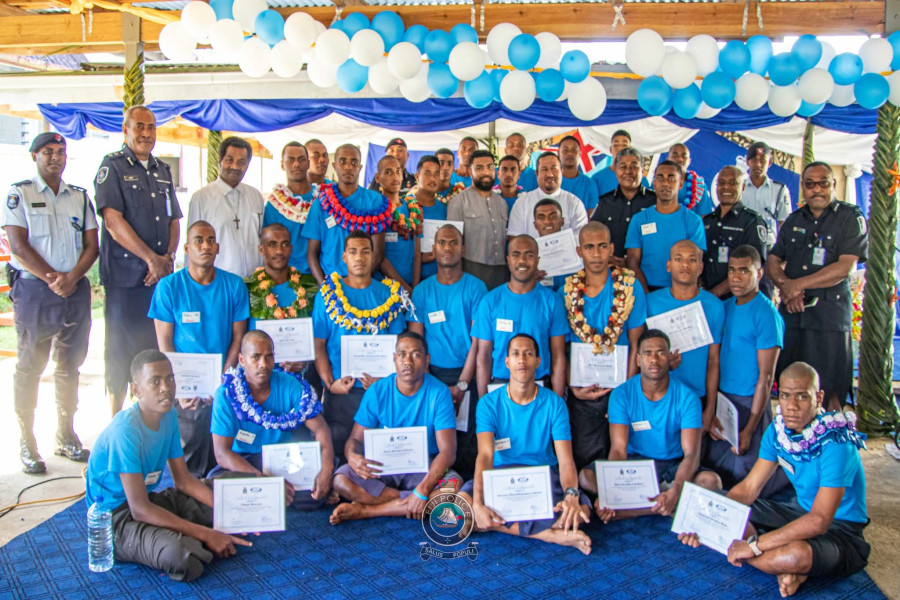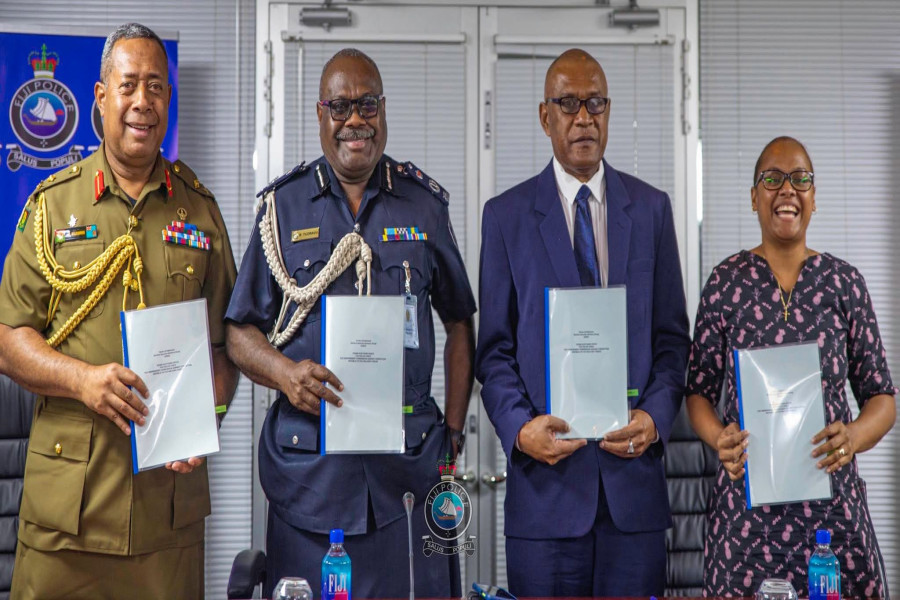UNODC TRAINING
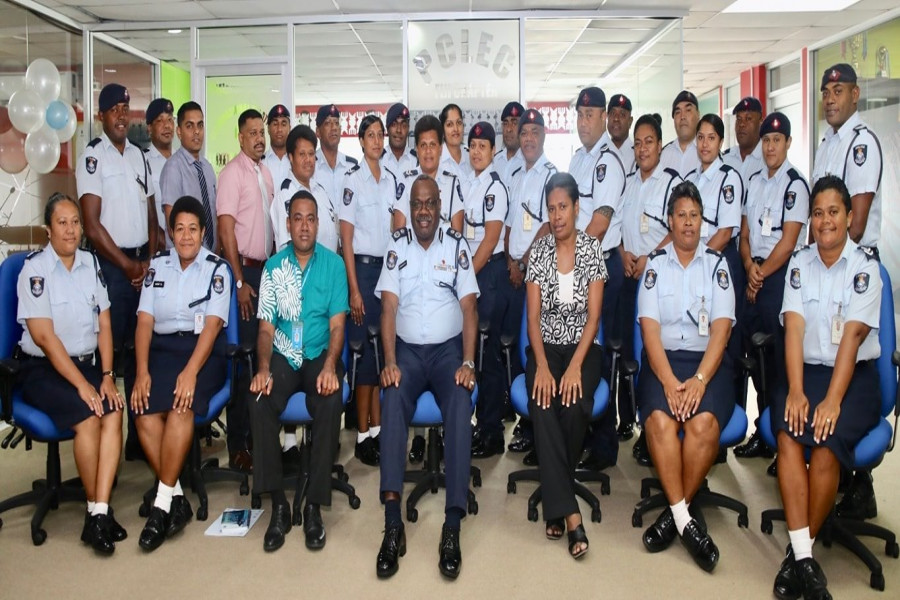
Regional efforts to support Pacific law enforcement agencies prepare for the opening of borders during COVID-19 got underway with Fiji hosting the first of a series of workshops facilitated by the United Nations Office on Drugs and Crime (UNODC) through the Pacific Islands Chiefs of Police.
Outlining the objective of the training was Mr. Kalusiani Vuki UNODC’s Maritime Crime National Program Officer who said the current pandemic and travel restrictions have had a significant impact on Pacific island countries that are heavily dependent on the tourism sector.
The UNODC’s Global Maritime Crime Program is working with the PICP Secretariat and the Pacific Community for Law Enforcement Cooperation (PCLEC) team to deliver specialized training to regional law enforcement officers preparing for the opening or joining of travel bubbles between Pacific countries.
The Acting Commissioner of Police and current PICP Chairman Rusiate Tudravu acknowledged the support of the UN Resident Coordinator Mr. Sanaka Samarasinha for supporting regional efforts in strengthening Police training and capacity programs.
A/CP Tudravu said the training is an outcome of discussions held during Mr. Samarasinha’s courtesy call in September, to plan, develop and fund a curriculum for Training in Contact Tracing Methods and Related Operations for Pacific Police jurisdictions.
Speaking from Auckland, New Zealand, PICP Executive Director Mr. Glyn Rowland said PICP member countries did not ever think that they would be facing a strange world brought about by the pandemic, however, the PICP Strategic Plan clearly outlined how security threats continue to evolve growing in complexities and how policing had to evolve to counter the new threats.
Meanwhile PCLEC Assistant team leader Mr. Bernard Foster acknowledged UNODC’s involvement in addressing the needs of Pacific island law enforcement in delivering the specialized training driven by the Pacific for the Pacific.
